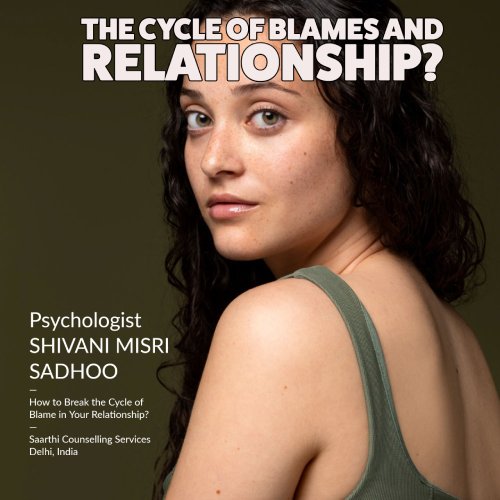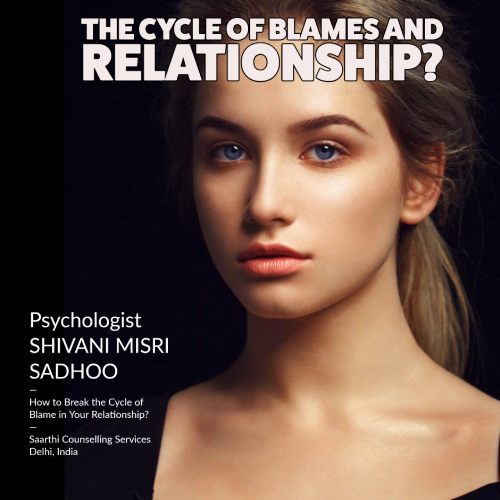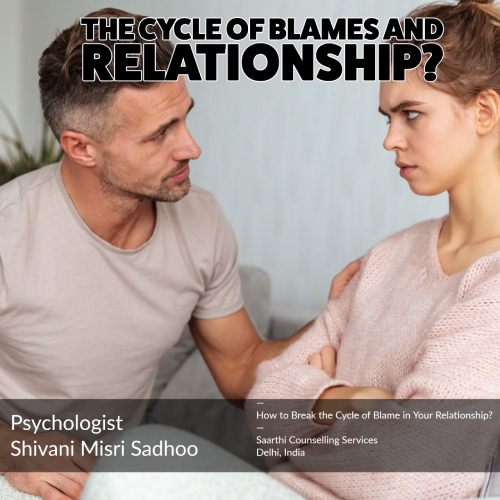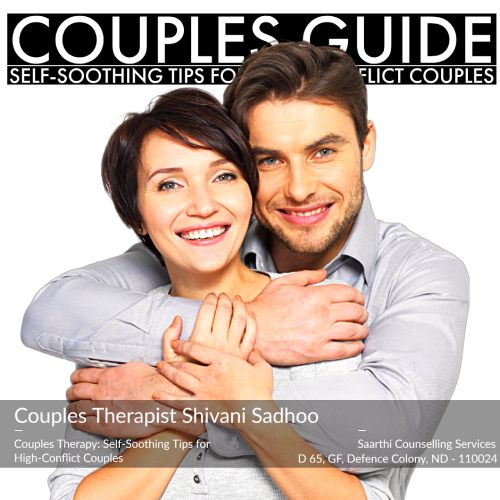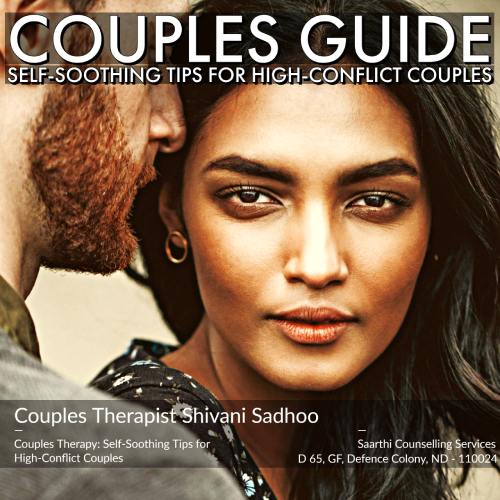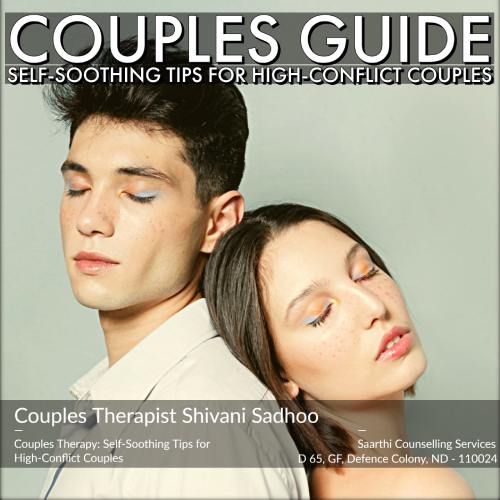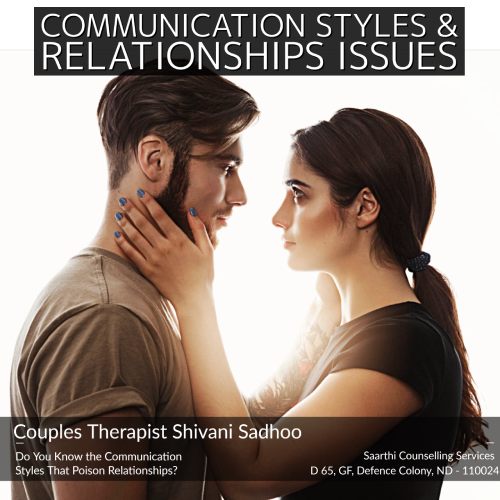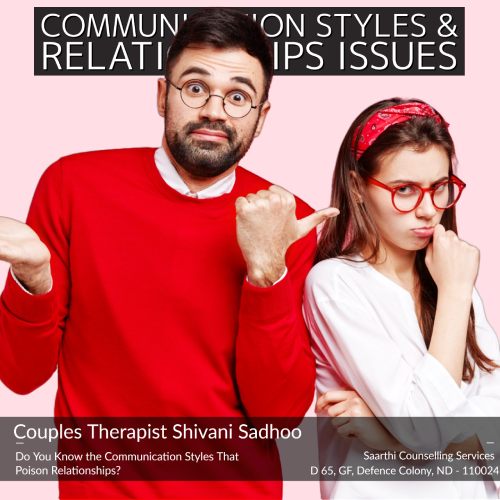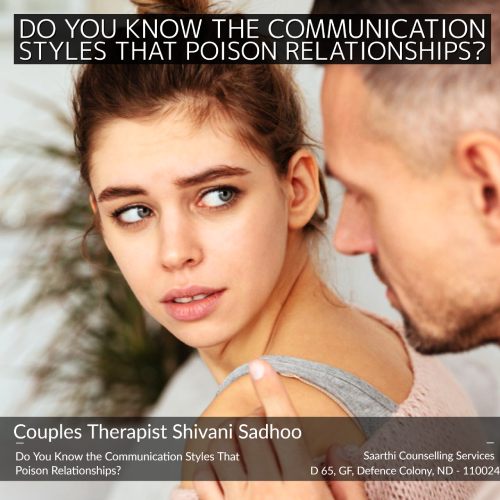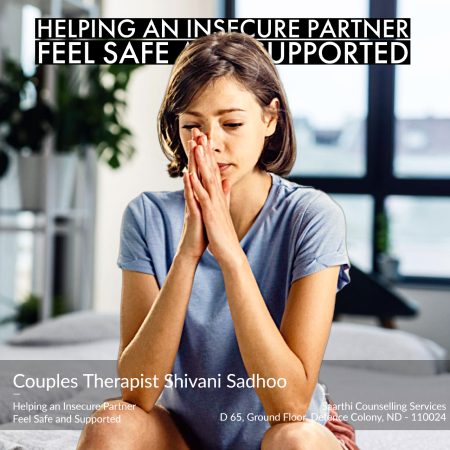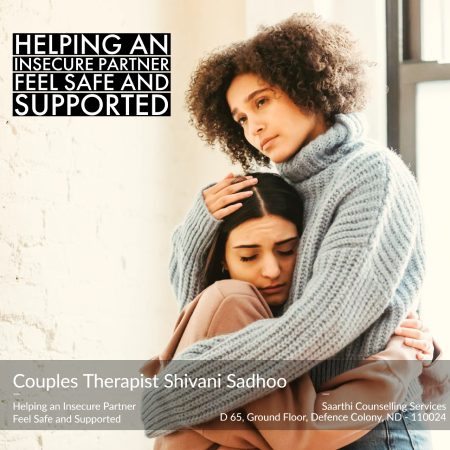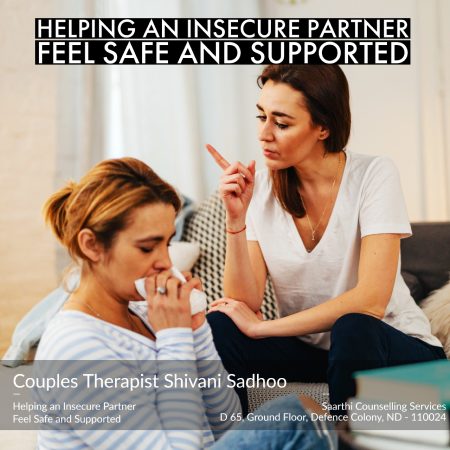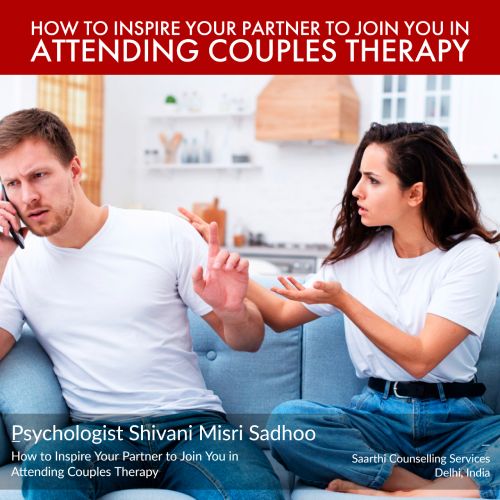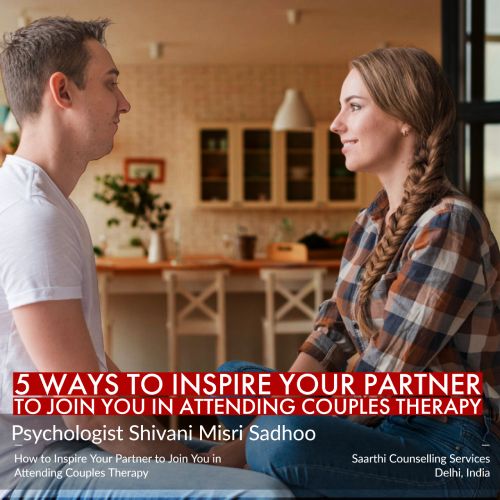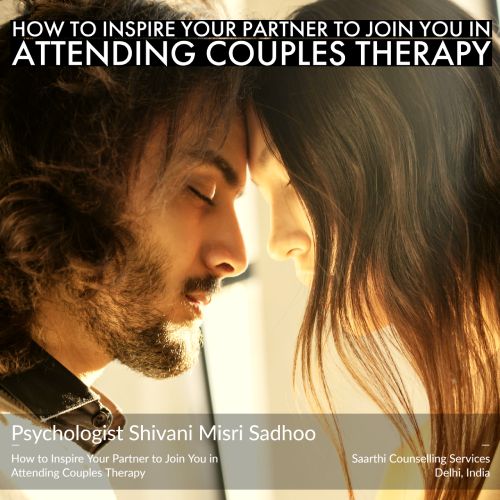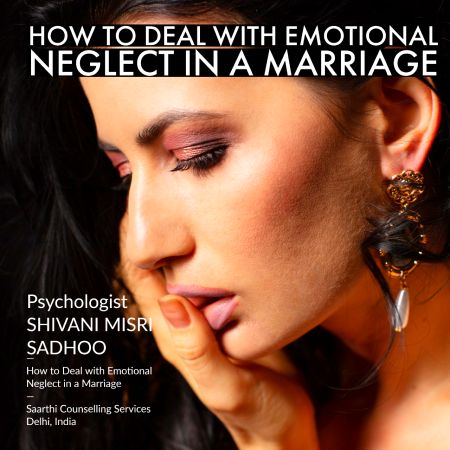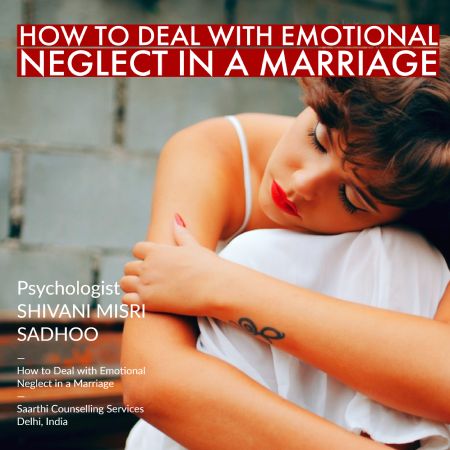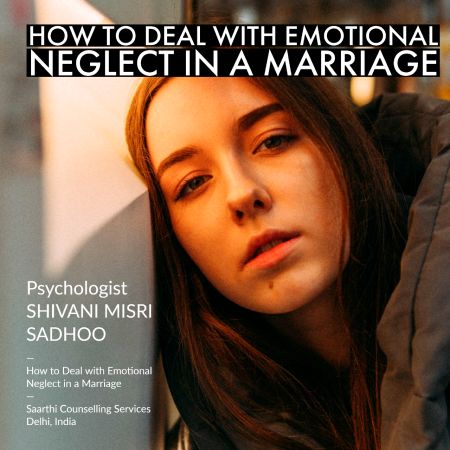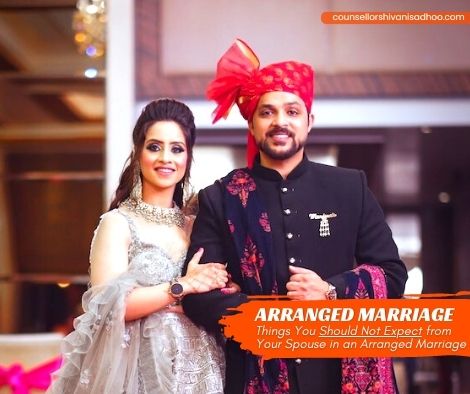Marriage isn’t the be-all and end-all for everyone. In a world where individualism is celebrated, many people opt to remain single, prioritizing personal fulfillment over traditional notions of partnership. For some, focusing on career advancement, personal growth, or pursuing passions takes precedence over romantic entanglements. The notion that looks are the primary deciding factor when it comes to choosing a partner is completely outdated. Did you know that there are many smart and attractive women who are still single?
What are the reasons that smart and attractive women are still single?
Wonder why? Let’s find out the reasons from India’s top relationship and couples counselor Shivani Misri Sadhoo.
They love their independence
Smart and attractive women often find themselves single not because they can’t find a partner, but because they value their independence fiercely. They’re not sitting around waiting for Prince Charming to ride in on a white horse because they’re too busy building their own kingdoms.
These women know they can handle anything life throws at them—they don’t need a man to rescue them from a spider or fix a leaky faucet. They’re the CEOs of their own lives, making decisions based on what’s best for them, not what society says they should do. They understand that true happiness stems from within, not from a relationship status.
It is their choice; not a compulsion
Sometimes bold and beautiful women simply want to stay single. It is their choice. There may not be any reason for this. They love their own company. Marriage is a choice for them; not a compulsion or necessity.
They have high expectations from the groom
It is true that smart and attractive women often possess high standards when it comes to relationships. They are acutely aware of their worth and what they can contribute to a partnership. While they acknowledge that perfection is unattainable, they maintain a non-negotiable list of expectations. These women seek a relationship characterized by mutual respect and emotional fulfillment, refusing to settle for anything less. Consequently, their discerning standards may lead them to remain single as they patiently await a connection that aligns with their values and aspirations.

They feel vulnerable
Despite their outward confidence, many smart and attractive women harbor a fear of vulnerability. Past heartbreaks or betrayals intensify this fear, leading to emotional distance in relationships. They struggle to open up, fearing rejection or disappointment despite their intelligence and attractiveness.
They’re too busy
Smart, attractive women often stay single because they prioritize their professional success. They’re fully invested in self-improvement and don’t always make time for dating apps. Their focus is on bettering themselves through career advancement and personal growth. They believe true love will come naturally when the timing is right, choosing not to waste time on distractions they can’t control.
They don’t want to lose their authority
Many smart, strong, and stunning women choose to remain single because they value their independence and autonomy above all else. They’ve always been the ones to take the reins, make decisions, and chart their own course without being swayed by others. The thought of relinquishing control to someone else in marriage feels daunting; they fear losing their authority and sense of self. These women aren’t afraid to be labeled as “control freaks” because they know what they want and won’t settle for anything less than full autonomy over their lives.
Men feel intimidated
Many men feel intimidated by her strong personality and find her unapproachable, so she remains single. She’s amazing, smart, and attractive, which can be intimidating for guys. They think they’re not good enough for her. She doesn’t settle for just any relationship; it has to be worthwhile. She values her time and energy and won’t waste it on something that doesn’t feel right. She knows there’s more to her than just her relationship status. She understands the difference between forcing a bad relationship and giving a good one a chance.
These are just a few reasons why smart, attractive women may choose to remain single. Whether it’s prioritizing independence, career, or personal growth, their decision reflects a deep understanding of self-worth and a refusal to settle.

